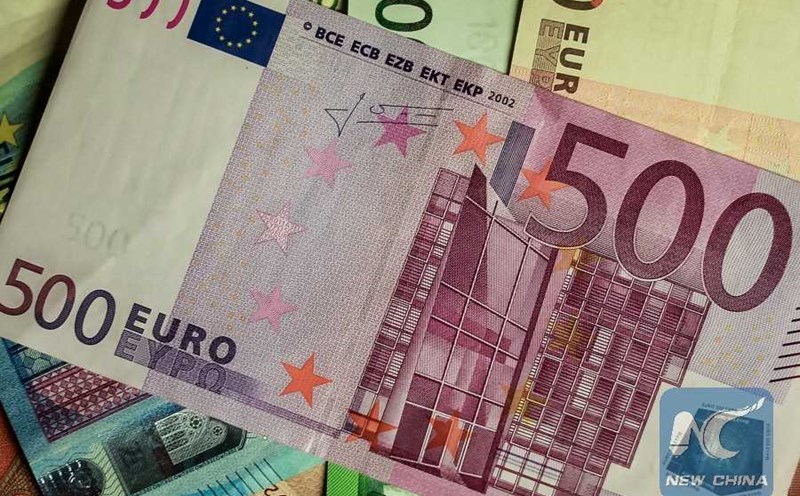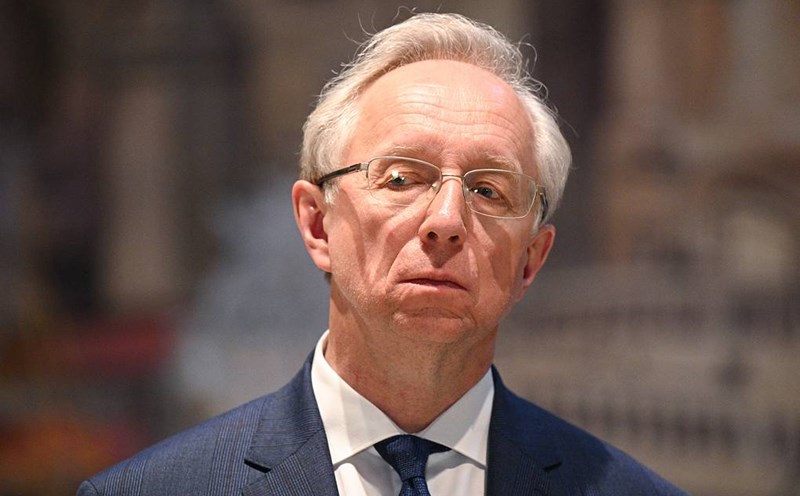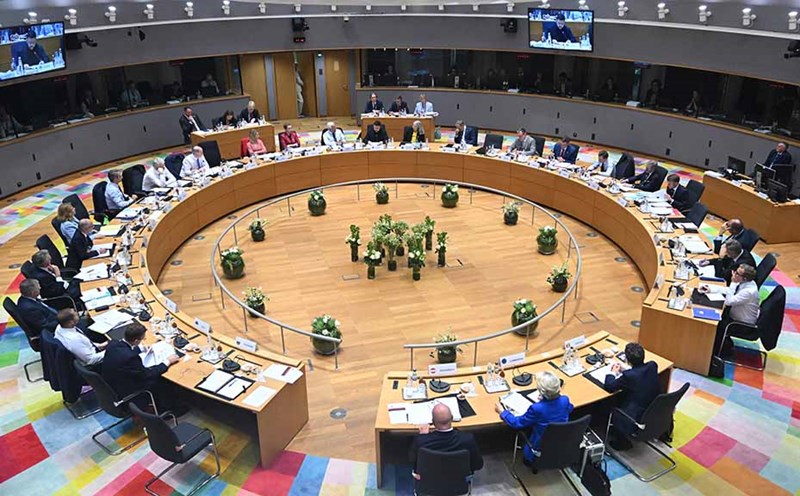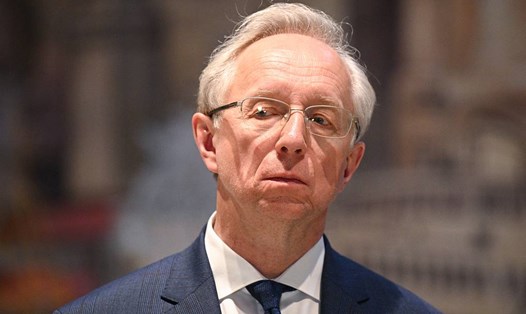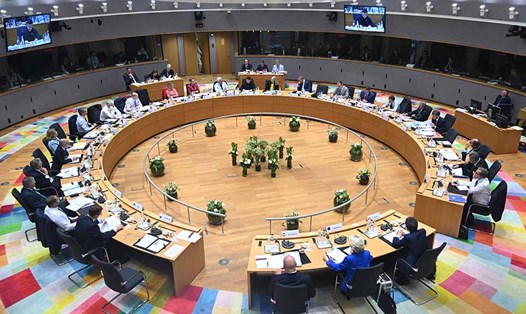On 3 November, the European Union (EU)'s plan to use profits from frozen Russian assets to provide a "compensation loan" to Ukraine is facing a major obstacle: Italy and France have joined Belgium in opposing the proposal.
Both France and Italy are concerned about their financial liabilities if the use of Russian assets is later ruled illegal by an international court.
The objections from these major economies have prevented EU leaders at the Brussels summit on October 23 from reaching an agreement on the issue.
At the conference, Belgian Prime Minister Bart De Wever gave strong warnings. Belgium is the country at the biggest risk because the Brussels-based depository company Euroclear is holding a majority of the 210 billion euros ($224 billion) in frozen sovereign assets of Russia.
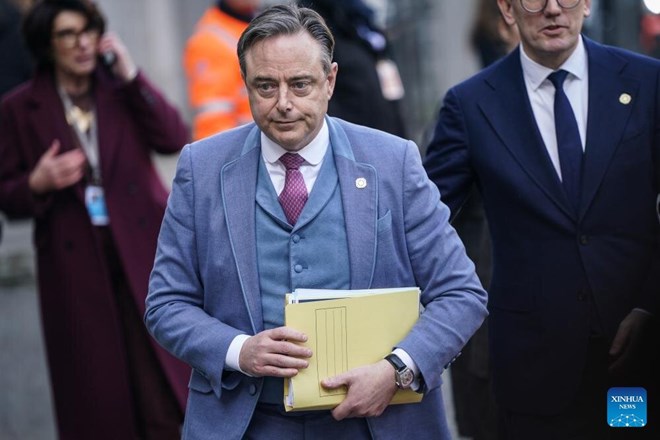
Mr. De Wever suggested that if the plan was implemented, all EU countries must together share all financial risks with Belgium, instead of letting his country suffer alone. He also warned of a monetary consequences: Russia will certainly retaliate by seizing Western assets in its territory and in other friendly countries.
This is considered a significant step back for the European Commission's ambitious plan. The plan, which is being proposed as an intermediary, proposes not to seize Russian original assets, but only use profits and interest arising from those assets as collateral for a large loan to help Ukraine.
Before the summit, EU ambassadors on October 21 seemed to have "turned the light green" politically for the EC to design a specific legal proposal. However, strong opposition from Belgium, and now both France and Italy, at the highest level of the meeting shows that the road from ideas to reality is still far away.
These countries are concerned that if they profit from Russian assets, they could violate international law and create a dangerous precedent, weakening confidence in the European financial system and the euro.

